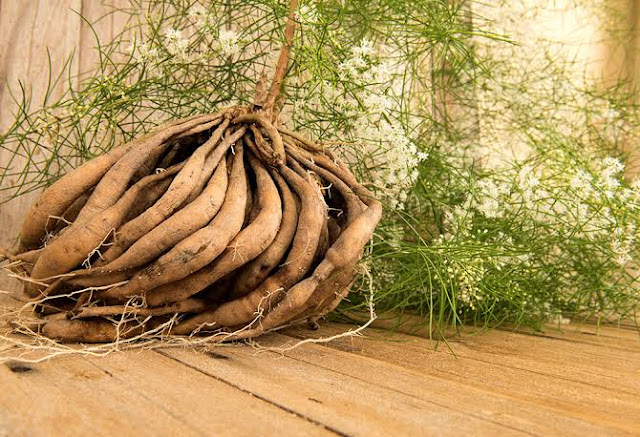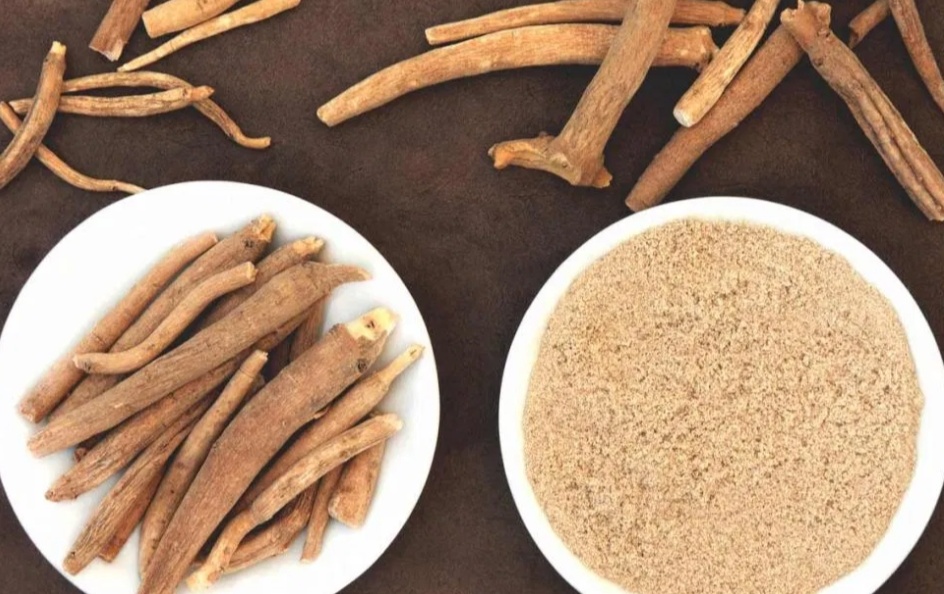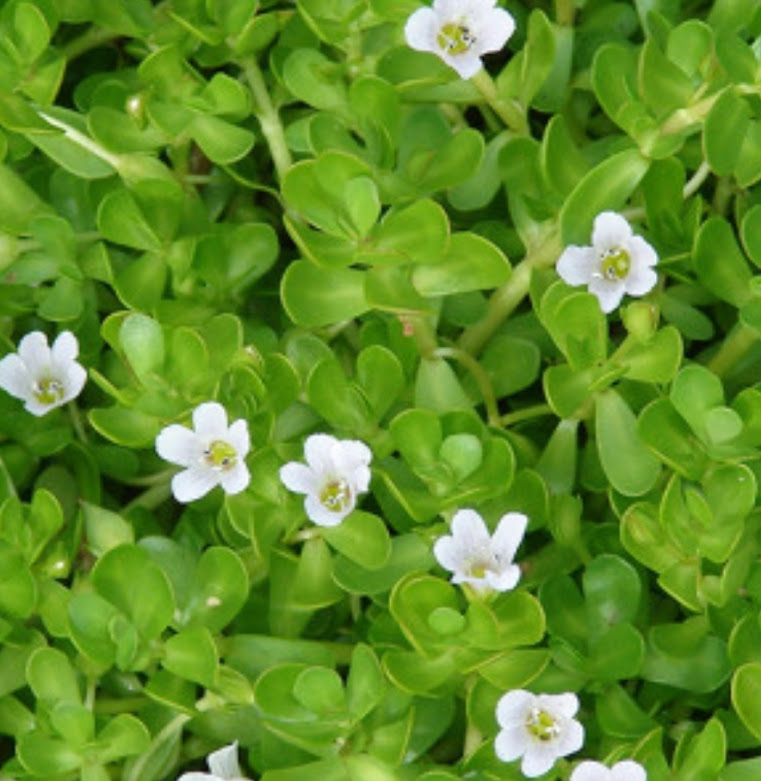Everything that you should know about Clove (Laung)
Clove(Laung)
Clove (Syzygium aromaticum) is one of the most valuable spices that has been used for centuries as food preservative and for many medicinal purposes. The clove tree, an evergreen, was originally a native to Indonesia. It is the common product found in the spice rack around the world. Clove is widely used in Indian and Chinese cuisines. It shows antioxidant, antibacterial, antifungal, antiviral, sedative, carminative, anti-inflammatory, antiseptic, insecticidal, analgesic, antispasmodic property.
Click here for more information about Antioxidant
It has different names in different languages such as in Marathi(Luvang), Hindi(Laung, Lavang), Bengali(Lawang), Gujarati(Lavang), Kannada(Lavanga), Malayalam(Grambu), Oriya(Labang), Punjabi(Laung), Sanskrit(Lavanga), Tamil(Kirambu, Lavangam), Telugu(Lavangalu, Lavangamu), Urdu(Laung)
Vitamins and minerals content
• Vitamins : A, C, E, K, B3, B5, B6, B2, B1, B12, folates
• Minerals : calcium, copper, manganese, magnesium, phosphorus, selenium, zinc , sodium potassium
• Concentrations up to 18% of essential oil can be found in the clove flower buds. Roughly, 89% of the clove essential oil is eugenol and 5% to 15% is eugenol acetate and β-cariofileno and 2.1% is α-humulen.
- Eugenol helps to reduce or inhibits lipid oxidation, oxidative tissue damage, Histamine release from mast cell to reduce hpersensitivity and many other functions.
- Eugenol, chemically known as 4-allyl-2-methoxyphenol, is the principal active component of clove oil and a minor constituent of aromatic plants like nutmeg, basil, cinnamon, and bay leaves.
• volatile compounds (lower concentration) : β-pinene, limonene, farnesol, benzaldehyde, 2-heptanone and ethyl hexanoate.
• phenolic acids, gallic acid is the compound found in higher concentration (783.50 mg/100 g fresh weight). However, other gallic acid derivates as hidrolizable tannins are present in higher concentrations (2 375.8 mg/100 g).
• Other phenolic acids found in clove are the caffeic, ferulic, elagic and salicylic acids.
• Flavonoids as kaempferol, quercetin and its derivates (glycosilated) are also found in clove in lower concentrations.
• Clove leaves yield 3.0–4.8% essential oil. The essential oil content during the different stages of leaf growth revealed that the eugenol content in the leaves increased from 38.3 to 95.2% with maturity, while the contents of eugenyl acetate (51.2 to 1.5%) and caryophyllene (6.3 to 0.2%) decreased
• The dried clove bud contains carbohydrates, fixed oil, steam-volatile oil, resins, tannins, proteins, cellulose, pentosans and mineral elements.
Properties and benefits
Properties
• Taste – Bitter, Katu(pungent)
• Qualities – Light to digest, Unctuous/Oily
• Taste conversion after digestion – Katu (Pungent)
• potency– Cold
• Effect on Tridosha – Balances Kapha and Pitta
Click here for more information about Tridosha
Benefits
• Trushnapaha – relieves excessive thirst
• Vaktra kleda daurgandhya nashana – relieves bad breath and excessive sliminess of oral cavity
If it is kept in the oral cavity for a few minutes, it brings in clarity, relieves tastelessness and bad breath.
• Netrahitam – good for eyes
• Deepana, Paachana – improves digestion strength
• Ruchya – improves taste
• Pittasranashana – useful in bleeding disorders
• Trushna – useful in excessive thirst
• Chardi – useful in vomiting
• Adhmana – useful in bloating, gaseous distension of abdomen
• Shula – useful in abdominal colic pain
• Kasa – useful in cough, cold
• Shwasa – useful in Asthma, COPD, wheezing, breathing difficulty
• Hikka – useful in hiccups
• Kshaya – useful in chronic respiratory disorders
Uses, benefits and application
1) Clove is used as an anti-inflammatory agent, due to its high content of flavonoids. Aroma therapists use pure clove oil to cure the symptoms of rheumatism and arthritis.
2) Apply paste of clove Powder and honey to treat acne.
Click here for more information about Honey
3) Clove is used as a carminative, to increase hydrochloric acid in the stomach and to improve peristalsis.
4) Clove leaf oil is used to impart fragrance to perfumes and soaps.
5) For dry mouth, put 1-2 piece of clove in mouth, which helps to produce saliva.
6) Clove is often used to flavor meat products, pastries, cookies, candies, chewing gum, spiced fruits, hot spiced drinks, chocolate drinks, wines and liqueurs, puddings,sandwiches, cakes, curries, and pickles.
7) Flavouring agent in food industry. Its flavour blends well with both sweet and savory dishes.
8) Paste of clove powder in water promotes faster healing of cuts and bites. It's anti-inflammatory, antibacterial, antiviral helps to cure such types of problems.
9) Clove is known to possess antibacterial properties and is used in various dental creams, tooth pastes, mouth washes, and throat sprays to cleanse bacteria. It is also used to relive pain from sore gums and improves overall dental health.
10) In dentistry, eugenol(main compound in clove) in combination with zinc oxide is used for temporary filling of cavities.
11) Cloves are good expectorants that promote the discharge of mucous and secretions in the respiratory passage.
- Intake : Eat/swirl 2-3 cloves in mouth OR drink clove tea with some honey.
12) Clove oil is effective in curing Athlete’s foot, nail fungus and many of the fungal infection due to is antifungal property.
13) Clove/clove oil is very useful to reduce toothache, tooth infection, cavity, etc.
- Clove essential oil is an important ingredient of many dental products and medications including mouthwashes and toothpastes.
14) Clove oil is effective against insects and mosquitoes. Strong aroma and insecticidal property of the clove keep those insects and mosquito away.
15) Clove oil stimulates blood flow and circulation making it useful for the people having cold extremities. Muscular cramps are often relieved, when the oil of clove is applied as a poultice near the affected area. OR add 2-3 drops clove essential oil in base oil[4-5ml](coconut, sesame) and apply this oil on paining area, cramp, etc.
Click here for more information about Sesame oil
Click here for more information about Coconut oil
16) The aromatic clove oil, when inhaled can help soothe certain respiratory conditions like cold, cough, asthma, bronchitis, and sinusitis. It also helps in clearing the nasal tract.
- add 2-2 drops of clove and eucalyptus oil in hot water and take the steam to get relief from congestion and many upper respiratory problems AND add equal quantity of clove and eucalyptus essential oil(5-6 drops) in coconut oil(80- 100ml) and apply on the chest to get relief.
17) Clove essential oil(1-2 drops) gargle with glass of warm water and teaspoon of salt helps ease throat irritation, sore throat, bad breath, strep throat, tonsillitis, laryngitis, mouth ulcer and throat pain.
Click here for more information about Warm Water
18) Mix one drop of clove essential oil in 1 tablespoon of slightly warmed/luke warm sesame/coconut oil. Apply this on the face and give a gentle massage with your fingertips. Clove oil will penetrate deep into the skin pores and clear out the infection.
- It's high Antioxidant property shows Anti-aging effects.
19) Clove and clove oil boost the immune system by purifying the blood and help to fight against various diseases. It's antibacterial, antiviral, Antioxidant property helps to purify the blood by killing/removing many of the disease causing agents.
- Immunity and body-mind strength are hampered or lowered due to blocks caused by Kapha and inflammation caused by Pitta and or morbid combination of kapha and pitta causing various damages in the body. Clove essential oil wards of these pathological elements and helps in building up strength and immunity in the body while curing many diseases in the process.
20) Clove essential oil is excellent remedy for stress. It has stimulating effect on the mind and removes mental exhaustion and mental fatigue. When taken orally in proper quantity, clove essential oil helps refresh the mind and stimulates the brain function. It also induces sleep and thus a good remedy for patients suffering from insomnia.
21) Clove essential oil and sesame oil mixed together and made warm is an excellent remedy for earaches.
22) Clove essential oil is an energy booster. It reduces platelet aggregation. This makes the blood thinner. This in turn improves the blood circulation. The oil acts as a cardiovascular tonic and brain stimulator. It helps in combating both physical fatigue and mental fatigue. For this purpose, it is used in aromatherapy.
23) Clove/Clove essential oil helps in controlling the blood sugar levels in diabetes.
- Cloves and nigericin were found to increase the uptake of sugar from the blood into cells, increase the secretion of insulin, and improve the function of cells that produce insulin.
24) In India its is commonly used in biryanis, pickles, salads, garam masala and many spice riches dishes.
25)Licking the paste of clove powder in honey removes nausea.
26) Eating a clove in betel leaf is the best remedy for treating cough and congestion.
Click here for more information about Betel Leaf
27) Calcium and manganese content in clove helps to increase/maintain bone mineral density.
Notes : 1) Clove may be looked upon as the champion of all the anti-oxidants known till date. The Oxygen Radical Absorption Capacity test (ORAC) is a scale developed by U.S. Department of Agriculture for comparing anti-oxidant activity. The ORAC score, of clove is over 10 million. A drop of clove oil is 400 times more powerful as an anti-oxidant than wolf berries or blueberries.
2) Still there are no known side effects of clove except allergic reaction.
3) Clove Essential Oil is obtained from the buds or flower of Clove.
4) It is used as an anesthetic and antiseptic. It can be harmful to the liver when taken in large quantities. Therefore it should be taken in diluted format with other oils such as sesame, coconut, etc.
5) Clove essential oil is also used in Aromatherapy. Because clove essential oil blends well with many essential oils.
6) In many homes clove is provided as after meal spice to swirl or eat.
7) Clove is the strongest antifungal spice and cinnamon is also quite inhibitory, while mustard, garlic, allspice, and oregano give smaller degrees of inhibition against Penicillium spp. and Aspergillus spp.
Click here for more information about Cinnamon
Click here for more information about Garlic
If you want to give more suggestion in this, then comment us, we will replay your comment.
If you like this post, then share it and follow us on Instagram (@healthyeats793) and many thanks for coming to our site Healthy eats
keep visiting
Support us
3) Facebook
4) Pinterest
🙏🙏Subscribe and share for latest updates 🙏🙏
More posts from our site
- Click here for more information about Tamarind
- Click here for more information about Nutmeg (Jaiphal)
- Click here for more information about Viruddha aahra
- Click here for more information about Jambul (java phalam)
- Click here for more information about Marking nut (bibba)
- Click here for more Home remedies of Nirgundi
- Click here for more information about saffron
- Click here for more information about Elephant foot/Yam
- Click here for more information about Watermelon 🍉🍉
- Click here for more information about Jackfruit/phanus
- Click here for more information about summer care 🌞
- Click here for more information about Tamarind
- Click here for more information about Nutmeg (Jaiphal)
- Click here for more information about Viruddha aahra
- Click here for more information about Jambul (java phalam)
- Click here for more information about Marking nut (bibba)
- Click here for more Home remedies of Nirgundi
- Click here for more information about saffron
- Click here for more information about Elephant foot/Yam
- Click here for more information about Watermelon 🍉🍉
- Click here for more information about Jackfruit/phanus
- Click here for more information about summer care 🌞
Refrence :
1) Spices Board India, Ministry of Commerce & Industry, Govt. of India. : http://indianspices.com/spice-catalog/clove.html
2) Bhavaprakasha nighantu - Book
3) Sushruta samhita - Book
4) PUBMED : 1) https://pubmed.ncbi.nlm.nih.gov/24532325/
2) https://pubmed.ncbi.nlm.nih.gov/25182278/
3) https://pubmed.ncbi.nlm.nih.gov/28407719/
4) https://pubmed.ncbi.nlm.nih.gov/24873744/
5) USDA National Nutrient data base
6) NCBI : 1) https://www.ncbi.nlm.nih.gov/pmc/articles/PMC3819475/
2) https://www.ncbi.nlm.nih.gov/pmc/articles/PMC3769004/
3) https://www.ncbi.nlm.nih.gov/pmc/articles/PMC4132639/
4) https://www.ncbi.nlm.nih.gov/pmc/articles/PMC7072209/
7) International Journal of Research in Ayurveda & Pharmacy, 2(1), Jan-Feb 2011 47-54 : https://www.researchgate.net/publication/267402397_Clove_A_champion_spice
8) https://www.sciencedirect.com/topics/immunology-and-microbiology/clove
9) https://www.ayurvedacollege.com/blog/ayurvedic-uses-spices-incredible-powerhouses-medicinal-benefits/
10) Wikipedia : https://en.m.wikipedia.org/wiki/Clove#:~:text=Cloves%20are%20the%20aromatic%20flower,harvest%20seasons%20in%20different%20countries.
11) local tradition and knowledge about clove and it's benefits






Very nice information 👍👌
ReplyDeleteWonderful information 👌
ReplyDelete😃😃😃♥️♥️
ReplyDeleteNice work🤘🔥
ReplyDelete✌️✌️✌️
ReplyDelete👍👍👍👍👍
ReplyDeleteNumpang promo ya Admin^^
ReplyDeleteajoqq^^cc
mau dapat penghasil4n dengan cara lebih mudah....
mari segera bergabung dengan kami.....
di ajopk.biz...^_~3:23 PM 15-Sep-20
segera di add Whatshapp : +855969190856
buy cloves online
ReplyDeleteThank you for your information regarding spices, especially cloves. We at IDSpice would like to offer you our spice products. We provide various types of spices from Indonesia with the best quality. If you are interested, you can visit our website at idspice.com
ReplyDeleteThanks for this post is very informative and interesting. All the points are very useful.
ReplyDeleteClove Online Shopping
It is nice post and I found some interesting information on this blog, keep it up. Thanks for sharing. Clove Wholesales in Tamil Nadu
ReplyDeleteclove oil buy online
ReplyDeleteDwibhashi’s LavangaTaila(Clove oil) is an Ayurvedic oil. It is Anti-fungal, anti-septic and has stimulations properties help in treating tooth ache and skin issues. We accept bulk orders.
clove oil buy online
ReplyDeleteDwibhashi’s LavangaTaila(Clove oil) is an Ayurvedic oil. It is Anti-fungal, anti-septic and has stimulations properties help in treating tooth ache and skin issues. We accept bulk orders.